Summary
- Why is sleep essential for a successful return to school?
- Establish an effective sleep routine
- Regular bedtimes and wake-up times
- An environment conducive to rest
- Relaxing rituals before bed
- Limit exposure to screens
- A balanced diet in the evening
- The importance of physical activity
- Adapt the routine according to the child's age
- Young children (0-5 years)
- School-age children
- Teenagers
- The benefits of a good night's sleep for the whole family
Back to school is fast approaching, and with it, the need to reestablish a regular routine. If the holidays have allowed your children to rest and fully enjoy their free time, now is the time to help them get back into a more structured routine. And what better way to start than by working on their sleep?
1. Why is sleep essential for a successful return to school?
Quality sleep is essential for children's physical and cognitive development. It allows them to:
- Learn better: A rested brain is more receptive to new information.
- Manage their emotions: Good sleep helps regulate emotions and reduce stress.
- Strengthen their immune system: Sleep plays a crucial role in fighting infections.
- Have more energy: A well-rested child is more active and focused during the day.
2. Establish an effective sleep routine
To help your child get back to restful sleep, a few simple tips can be very useful:
- Regular hours: Set consistent bedtimes and wake-up times, even on weekends (with a little wiggle room).
- A sleep-friendly environment: Make sure your child's room is quiet, dark, and at a comfortable temperature. Invest in a quality mattress and pillows for optimal comfort—neither too firm nor too soft.
- Relaxing rituals: Establish an evening ritual to help your child relax before going to sleep: a warm bath, a story, some soft music, etc.
- Limit screens: Avoid screens (television, tablet, smartphone) at least one hour before bedtime. The blue light emitted by these devices disrupts sleep.
- A balanced diet: Avoid large or sugary meals in the evening, and limit caffeine and energy drinks.
- Physical activity: Encourage your child to engage in regular physical activity, but avoid intense exercise just before bedtime.
3. Adapt the routine according to your child's age
Sleep needs vary depending on age:
- Young children: Need 10 to 13 hours of sleep per night.
- School-aged children: Need 9 to 11 hours of sleep per night.
- Teenagers: Need 8 to 10 hours of sleep per night.
4. The benefits of a good night's sleep for the whole family
A well-established sleep routine doesn't just benefit the child. It also allows parents to regain some respite and strengthen family bonds. A well-rested child is generally in a better mood and more cooperative.
At Bdreams we offer several ranges of products for children and adolescents:
- For infants: the "Mini" mattress is designed with firm, highly breathable foam and is intended for children aged 0 to 5 years. Available in two sizes: 60x120cm and 70x140cm.
- For school-age children: the "Benjamin" pack will meet the needs of your growing child, with a soft mattress topper and a duvet and pillow set.
- For teenagers: the “Senior” pack for teens looking for balance throughout the night.
In conclusion, investing in your child's sleep gives them the best chance of a successful return to school. By establishing a suitable routine and creating an environment conducive to sleep, you will help them grow up healthy and fit.



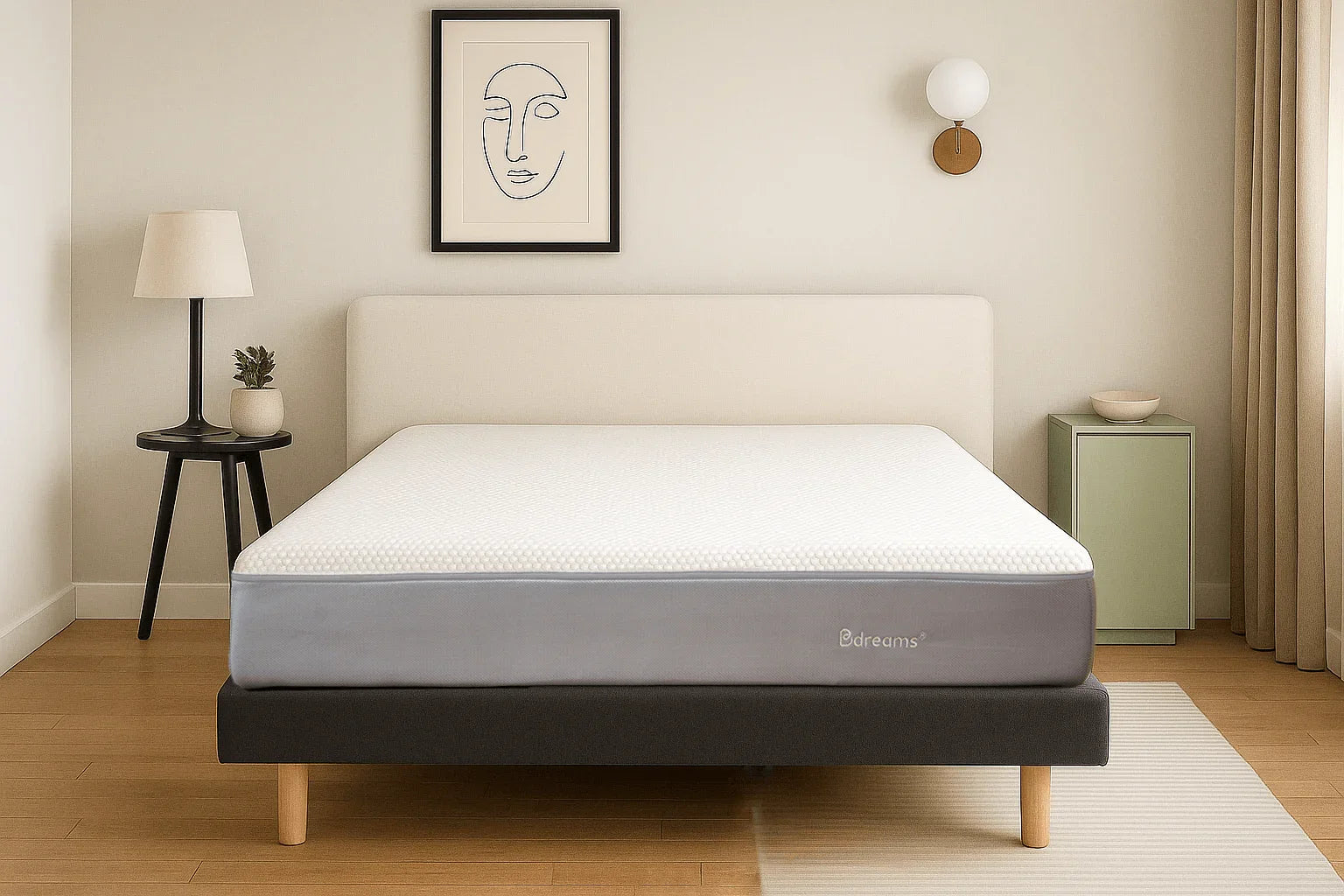

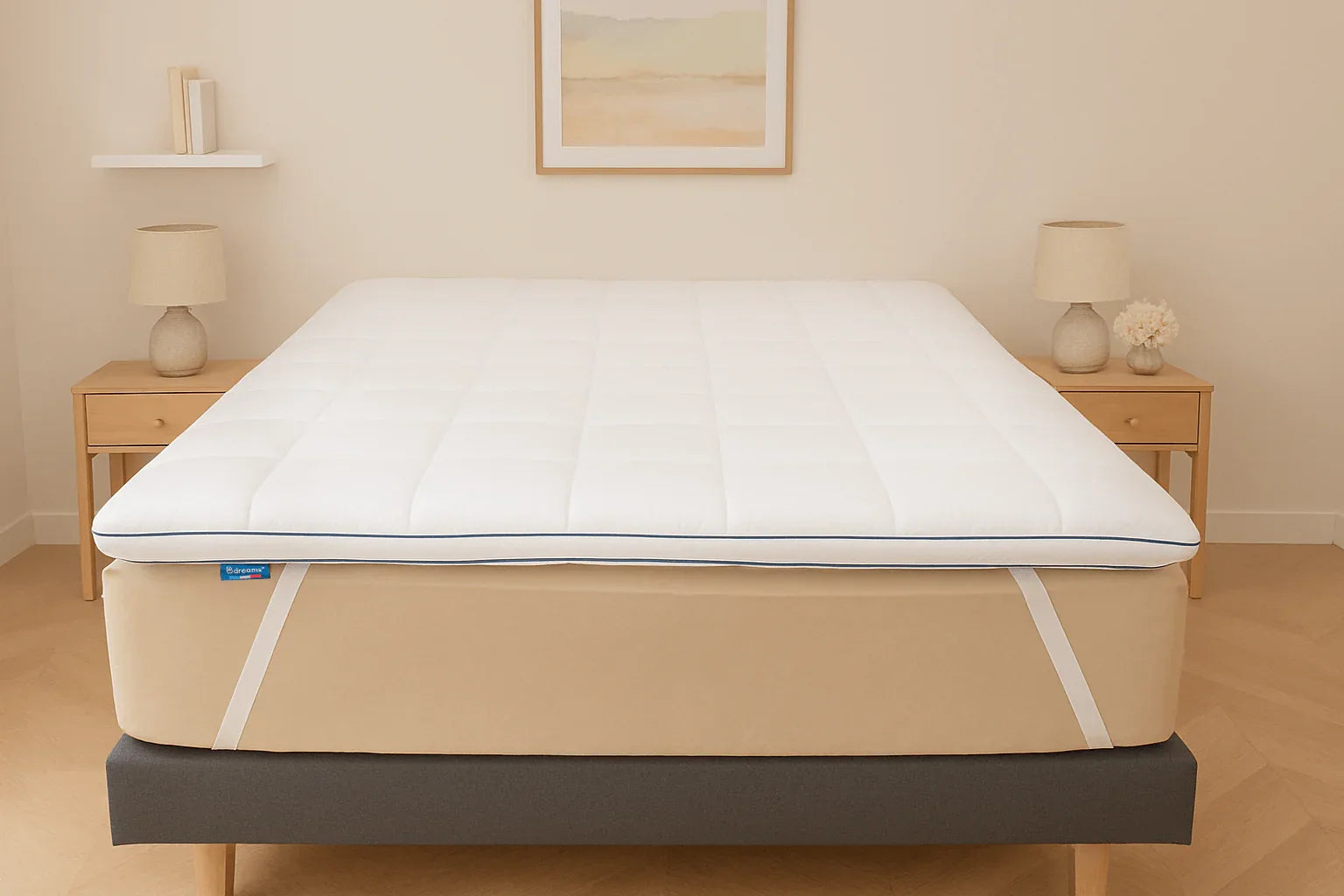
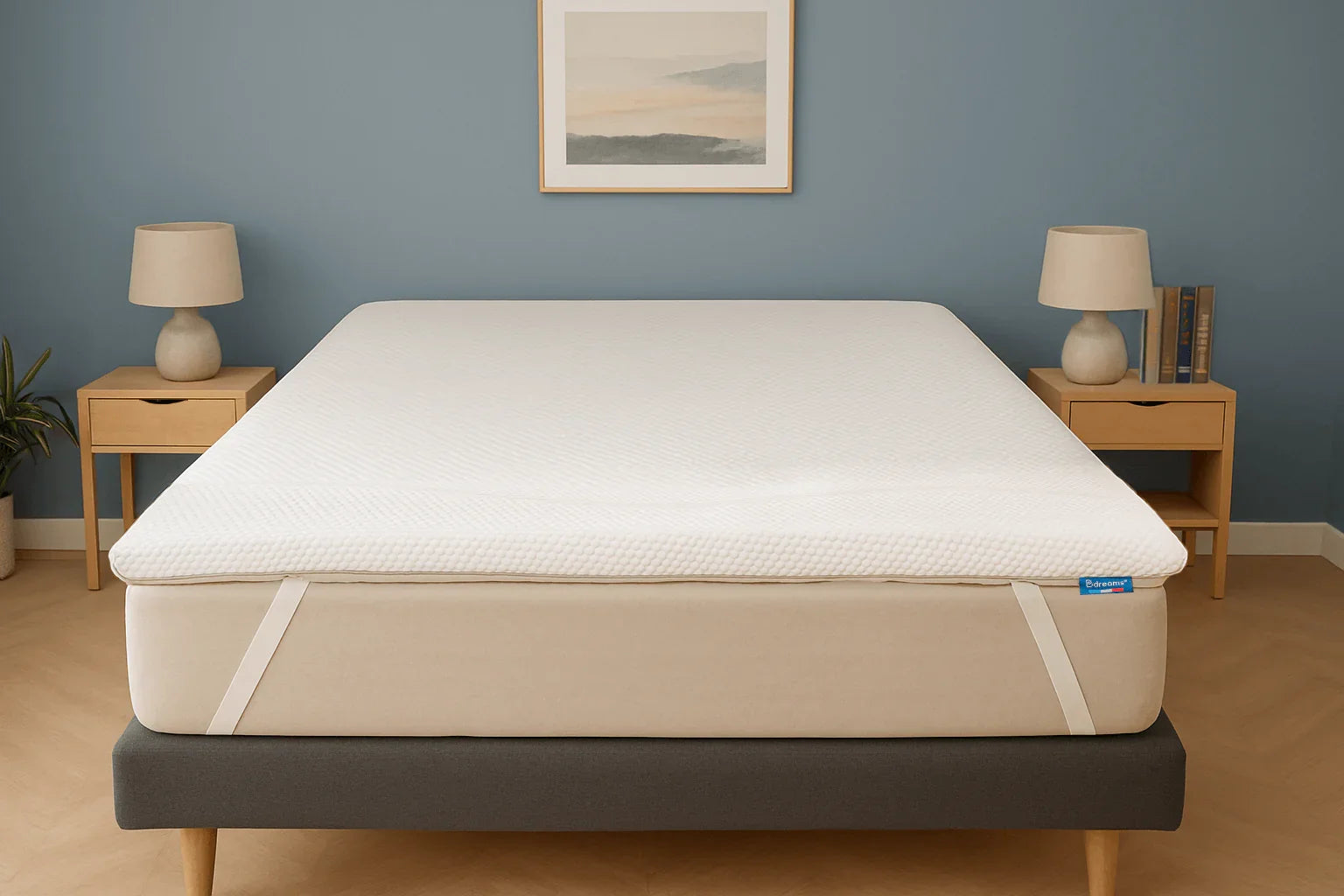
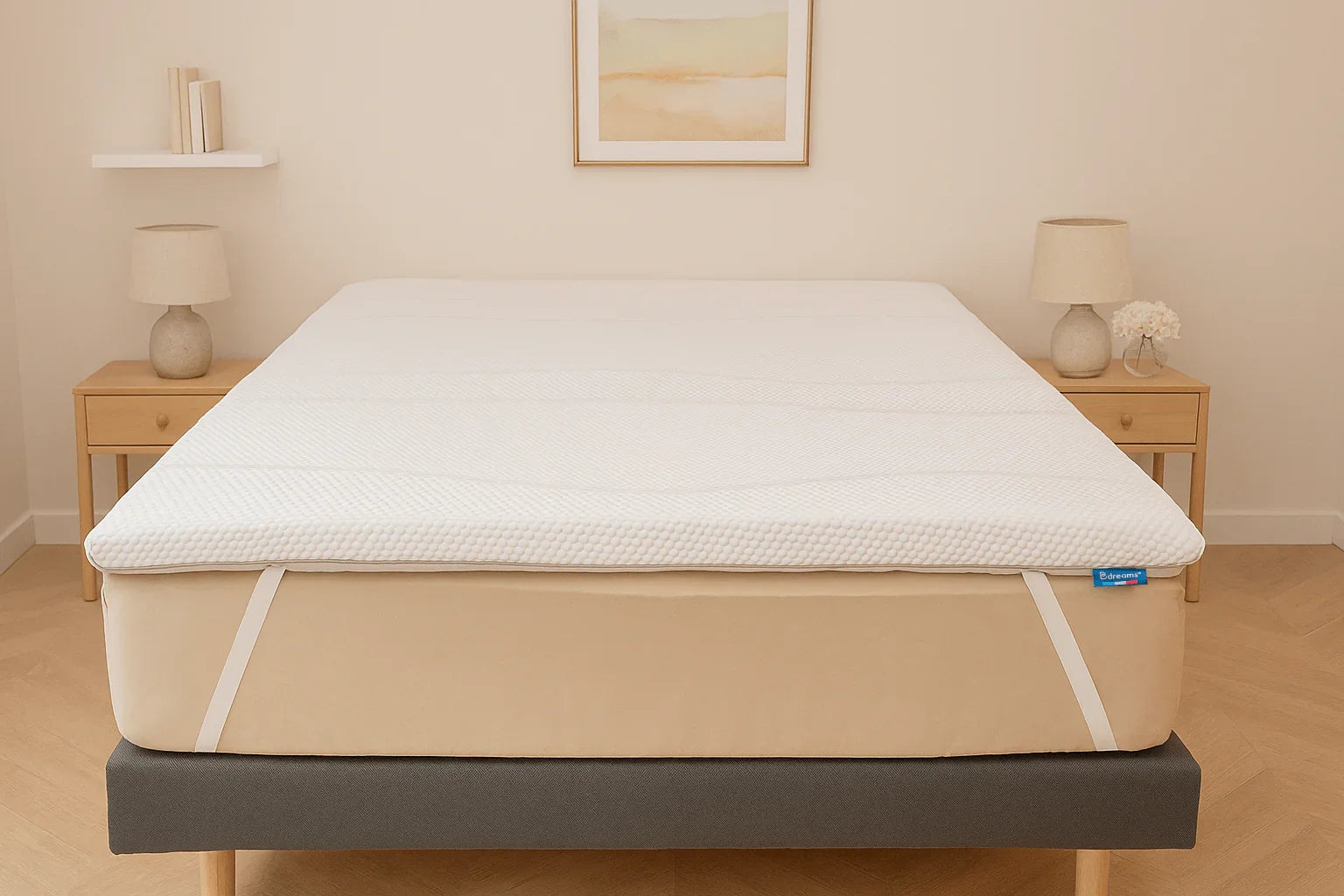
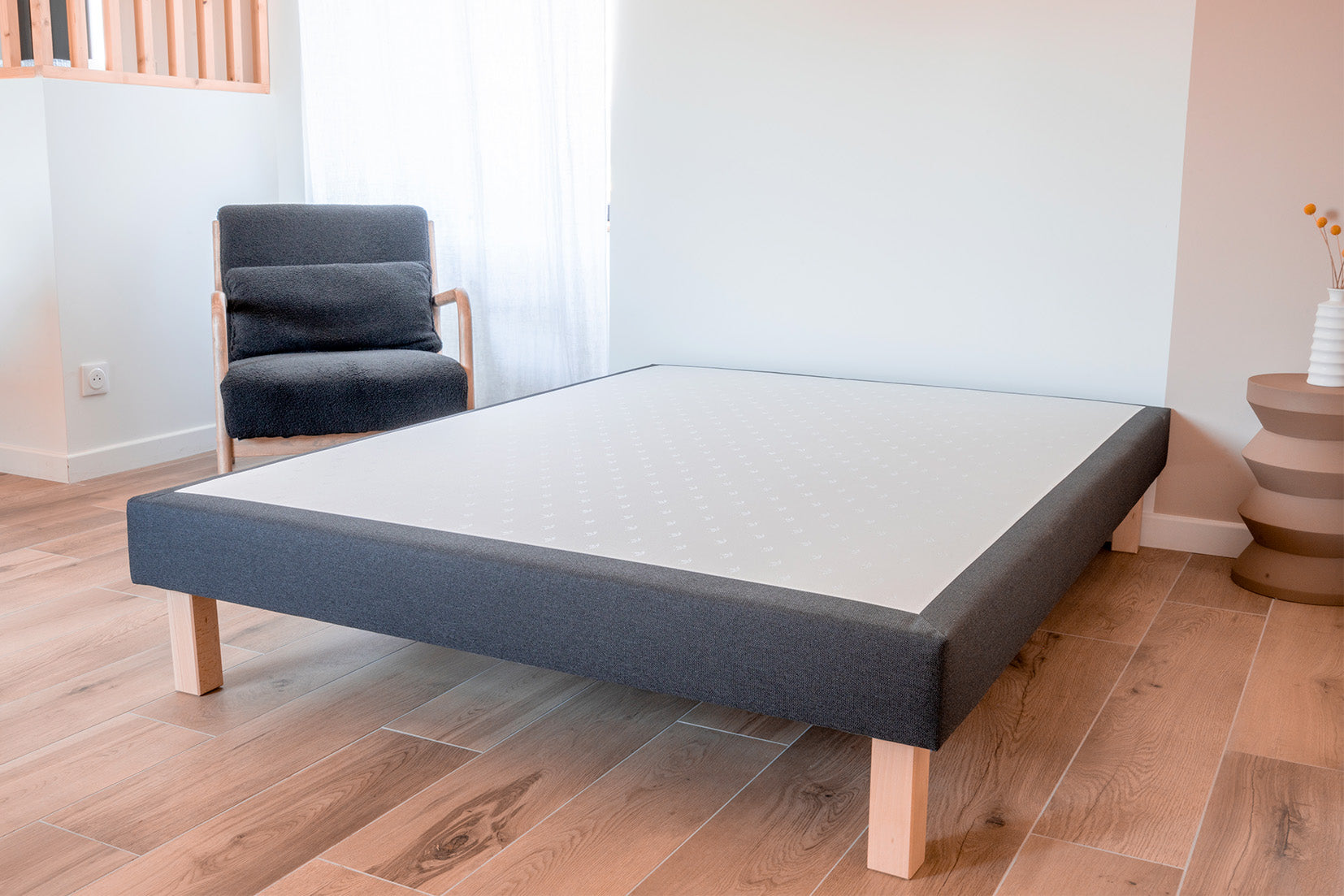
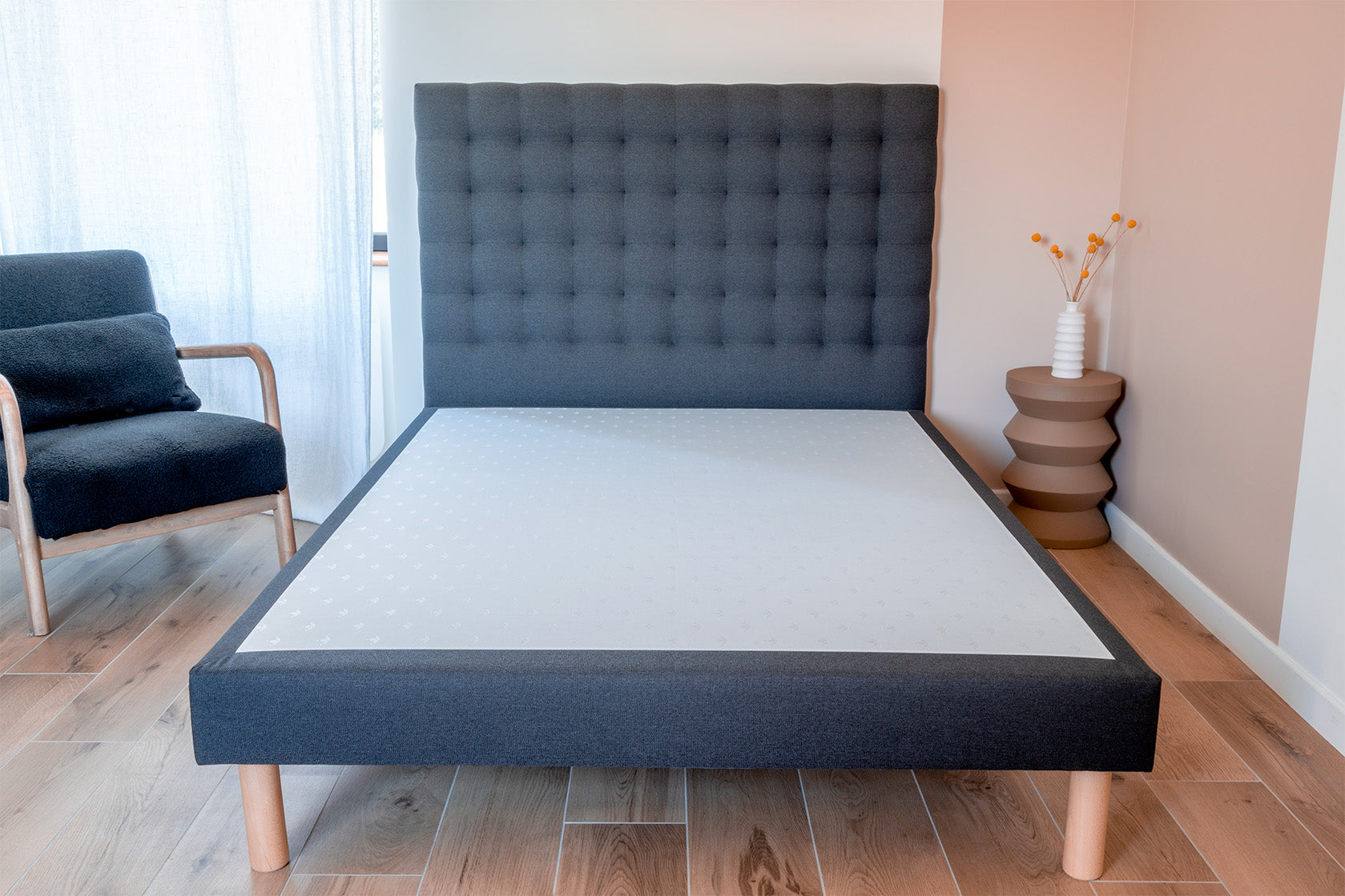






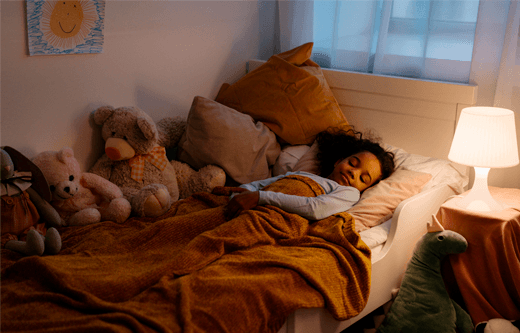


Leave a comment
This site is protected by hCaptcha and the hCaptcha Privacy Policy and Terms of Service apply.